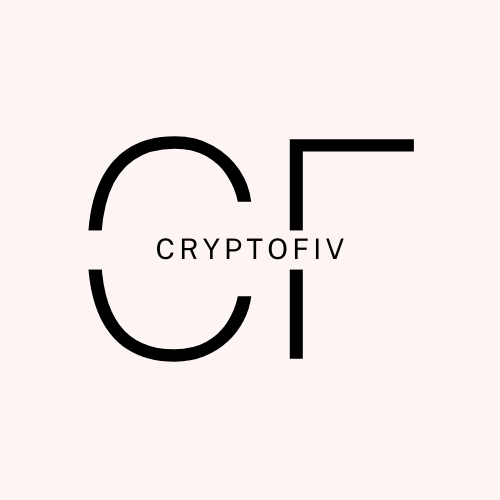El Salvador: Surfing the Bitcoin Wave - A Two-Year Experiment in Progress
El Salvador, a small Central American nation known for its vibrant culture and stunning beaches, made international headlines in September 2021. It wasn't for its world-class waves or delicious pupusas, but for a bold economic experiment: becoming the first country in the world to adopt Bitcoin as legal tender. This decision, championed by President Nayib Bukele, sent shockwaves through the financial world, sparking both excitement and skepticism. Two years later, the Salvadoran Bitcoin experiment continues, offering a real-world glimpse into the potential and pitfalls of cryptocurrency adoption on a national scale.
The Genesis: A Nation in Search of Financial Inclusion
El Salvador's embrace of Bitcoin can't be understood without considering the country's economic context. A significant portion of the population, estimated at around 70% according to the World Bank, lacked access to traditional banking services. Remittances, money sent home by Salvadorans working abroad, are a crucial lifeline for many families, accounting for over 20% of the country's GDP. However, sending and receiving these funds through traditional channels often involved high fees and slow processing times.
President Bukele, a tech-savvy millennial, envisioned Bitcoin as a solution. He believed this digital currency, with its borderless nature and potential for lower fees, could revolutionize financial inclusion. The government rolled out the Chivo digital wallet, allowing citizens to receive and spend Bitcoin with ease. Additionally, Bukele touted Bitcoin's potential to attract investment and boost tourism, painting a picture of a futuristic "Bitcoin City" powered by geothermal energy.
A Bumpy Ride: Challenges and Shortcomings
The journey, however, hasn't been smooth sailing. From the outset, there was a lack of public education and preparation. Many Salvadorans, unfamiliar with cryptocurrency's complexities, expressed concerns about volatility and security. The government's initial rollout of the Chivo wallet was plagued by technical glitches, further eroding trust.
Another major hurdle is Bitcoin's inherent volatility. The cryptocurrency market is known for its dramatic swings, making it a risky store of value for everyday transactions. Imagine buying groceries one day with a Bitcoin worth $50,000, only to see its value plummet to $30,000 the next. This unpredictability discourages businesses from readily accepting Bitcoin, and many still prefer the stability of the US dollar, the country's other legal tender.
Adoption and Impact: A Mixed Bag
Despite the challenges, El Salvador's Bitcoin experiment has yielded some positive results. Remittance fees have reportedly decreased for some users leveraging Bitcoin transfers. A small but growing number of businesses, particularly those catering to tourists and tech-savvy customers, now accept Bitcoin. The experiment has also positioned El Salvador at the forefront of cryptocurrency adoption, attracting international interest and investment in the fintech sector.
However, large-scale adoption remains elusive. Surveys suggest that a majority of Salvadorans rarely, if ever, use Bitcoin for daily transactions. The government's attempts to incentivize use, such as a Bitcoin lottery and a $30 sign-up bonus for Chivo wallets, haven't yielded significant results. Critics argue that these measures prioritize short-term adoption over long-term financial literacy.
Environmental Concerns and the Long Road Ahead
Another major concern surrounding El Salvador's Bitcoin experiment is its environmental impact. Bitcoin mining, the process of verifying transactions and creating new coins, consumes vast amounts of energy. El Salvador, despite its commitment to geothermal energy, still relies heavily on fossil fuels. This raises questions about the sustainability of a Bitcoin-powered economy.
The Future of Bitcoin Beach: A Global Experiment in Microcosm
While the national experiment stumbles along, a microcosm of success exists in El Zonte, a coastal town nicknamed "Bitcoin Beach." Here, Bitcoin adoption has been more organic, driven by a grassroots effort that began several years before the national rollout. Local businesses readily accept Bitcoin, and residents are increasingly comfortable using it for everyday transactions. Bitcoin Beach serves as a valuable case study, highlighting the importance of community engagement and education for successful cryptocurrency adoption.
El Salvador's Bitcoin experiment is a complex story, far from having a definitive ending. It's a bold attempt to leverage technology for financial inclusion, but it's fraught with challenges. The next few years will be crucial in determining whether El Salvador can navigate these challenges and become a true "Bitcoin Nation," or if this experiment will ultimately be seen as a well-intentioned but ultimately unsuccessful gamble.
The world is watching with a keen eye, for the outcome of El Salvador's experiment could have far-reaching implications for other nations considering similar paths. It's a story not just about cryptocurrency, but about the future of money, financial inclusion

.jpg)



.jpeg)